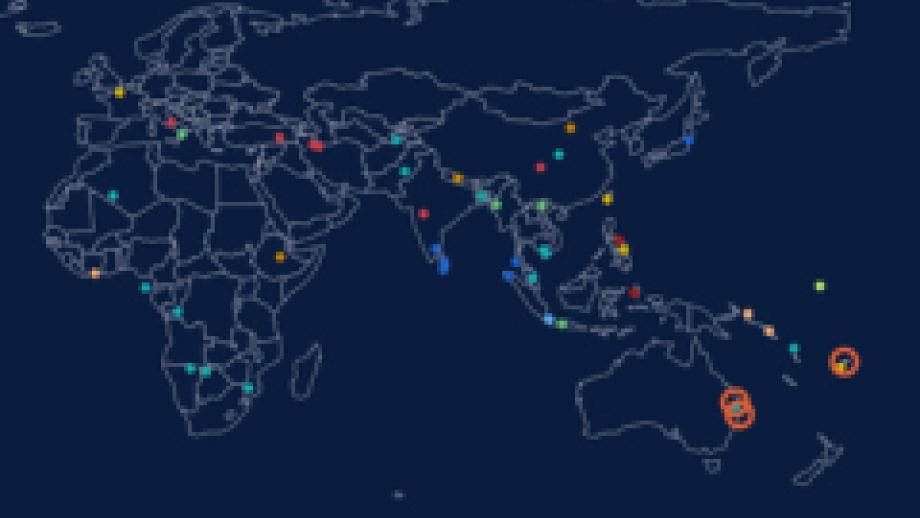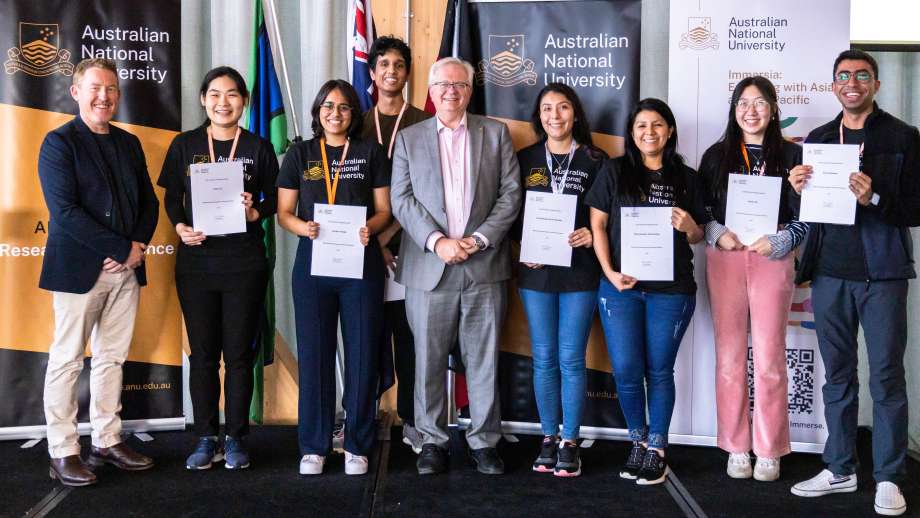Bioscience governance and global inequality: the Material Transfer Agreement in the Global South
Presented by ANU College of Asia & the Pacific
This talk focuses on bioscience governance and global inequality and examines how legal instruments-such as Material Transfer Agreements (MTAs)-are enacted and implemented differently in the context of the Global South.
The MTA is a contract securing the legal transfer of tangible research material between organizations, for instance laboratories, pharmaceutical companies, or universities. Critical commentators argue that these agreements in the Global North have come to fulfill an important role in the neoliberal expansion of intellectual property regimes.
Taking Indonesia as a case, in particular their centering of MTAs in a dispute with the World Health Organization, Sonja's paper examines how MTAs are enacted and implemented differently in the context of the Global South.
Against the conventionally understood forms of contract that commodify and commercialize materials and knowledge, the MTA in the South can more aptly be understood as a legal technology, appropriated to translate a formerly kind of relational economy of the scientific gift to a market system of science.
Sonja argues that as a way of gaining leverage in the uneven space of the global bioeconomy, the MTA functions as a technology for "reverse appropriation," a reworking of its usage and meaning as a way of countering some of the global power inequalities experienced by Global South countries.
This "reverse appropriation," however, does not merely facilitate a form of biosovereignty or postcolonial resistance; its operation and outcome is hybrid, and reveals a complex reconfiguration of scientific exchange in the global bioeconomy.
About the Speaker
Sonja van Wichelen is Associate Professor with the Department of Sociology at the University of Sydney. Her research takes place on the cross-disciplinary node of law, life, and science in a globalizing world. Her current research focuses on the conceptual exploration of 'biolegality' and examines the constitutive relation between biology and law in the formation of knowledge and sociality. She is the author of Legitimating Life: Adoption in the Age of Globalization and Biotechnology.
This event will be delivered online via Zoom only.
Image credit: Abstract image representing biotech research from Max Pixel (CC0 Public Domain)
Location
Speakers
- Associate Professor Sonia van Wichelen
Contact
- RegNet



